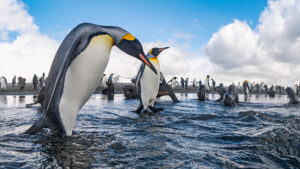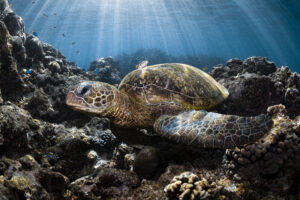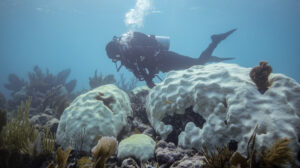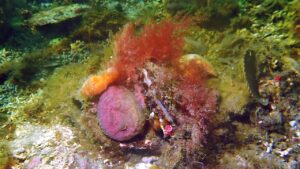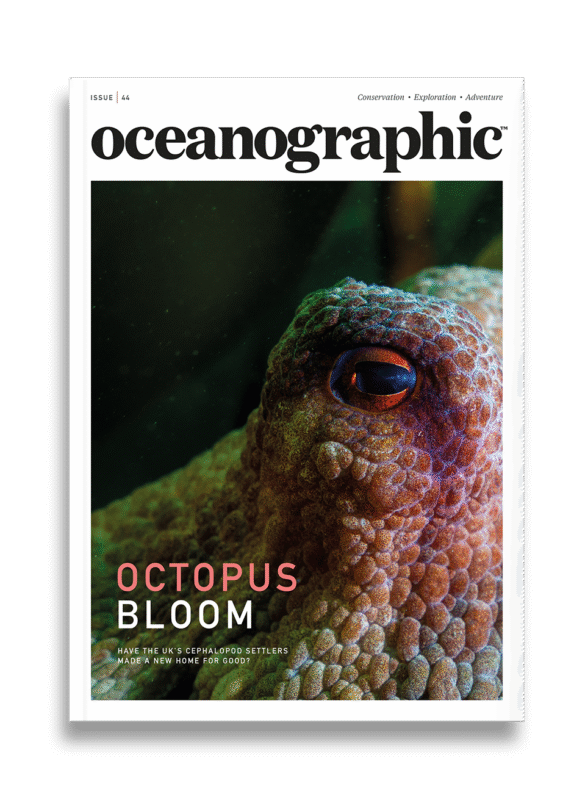First Indigenous-led marine reserve to span southwestern Pacific
The Melanesian Ocean Reserve will safeguard the ancestral waters and people of the southwestern Pacific, upholding its status as one of the world’s most biodiverse marine areas while securing its economic and cultural vitality for its Indigenous Peoples.
A six-million-square-kilometre expanse of ocean and islands across the southwestern Pacific is to become the first multi-national ocean reserve on Earth to be led solely by Indigenous people, encompassing the national waters of the Solomon Islands, Vanuatu, and Papua New Guinea.
The Melanesian Ocean Reserve will safeguard the ancestral waters, homelands, and people of the region, upholding its status as one of the world’s most biodiverse marine areas while securing the economic and cultural vitality for hundreds of distinct Indigenous Peoples.
An area as vast as the Amazon rainforest, the six-million-square-kilometres will connect with the protected waters of the Exclusive Economic Zone of New Caledonia.
“For millennia, the Indigenous Peoples of Melanesia have been the wisest and most effective stewards of these sacred waters. That is why the governments of Melanesia are joining forces to create an unprecedented ocean reserve that honours our identities, livelihoods, and spiritual connections,” said Solomon Islands Prime Minister, Jeremiah Manele.
The joint announcement between the governments of Solomon Islands and Vanuatu to create the Melanesian Ocean Reserve was made last month at the United Nations Ocean Conference in Nice, France.
Ralph Regenvanu, Vanuatu’s Minister for the Environment, said: “It is an objective of our National Ocean Policy to establish this transboundary corridor of traditionally managed ocean space between our countries, and we are delighted that this is now happening. The Melanesian Ocean Reserve will give the governments and people of Melanesia the ability to do much more to protect our ancestral waters from those who extract and exploit without concern for our planet and its living beings.
“We hope our Indigenous stewardship of this vast reserve will create momentum for similar initiatives all over the world.”
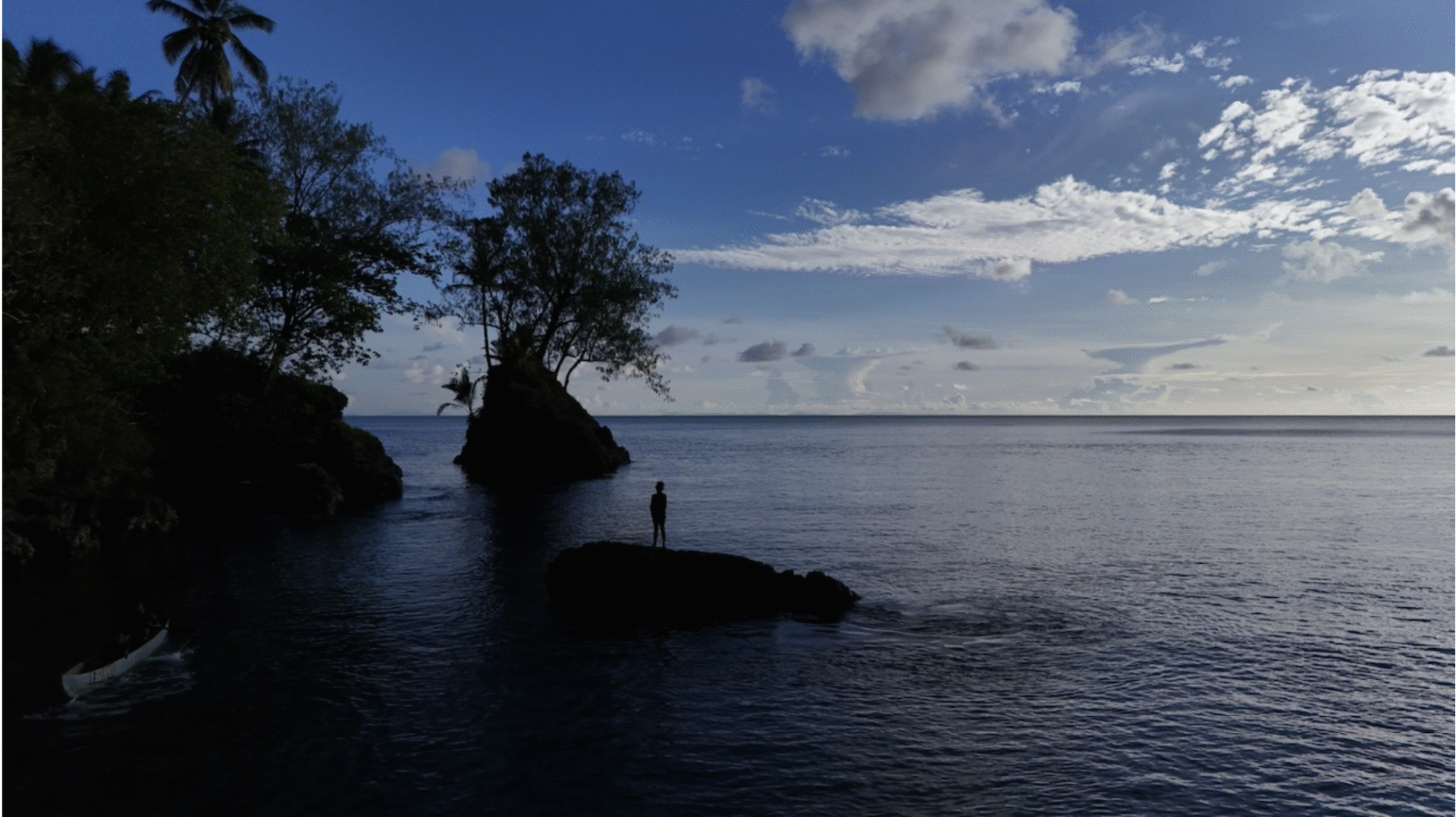
Under the protections afforded by the reserve to the six-million-square-kilometres of ocean and islands expanse, only sustainable economic activities “consistent with Indigenous values” will be permitted. According to the Wildlife Conservation Society, the southwestern Pacific Ocean is of great ecological and cultural importance, with extensive coral reef ecosystems including 75% of known coral species and over 3,000 species of reef-dependent fish.
The region has, however, come under increasing threats from climate change, illegal fishing, and industrial trawling, among other concerns.
Already, the Solomon Islands and Vanuatu have kept more than 150,000-square-kilometres of the surrounding waters safe from exploitation. As part of the initiative for substantial expansion of this protection, the nations plan to provide further Indigenous knowledge on marine conservation, establish and support regenerative economies, prioritise sustainable infrastructure (including solar-powered and electric water vessels and solar power for local villages), and emphasise the cultural vitality of the region, including only allowing customary activities in parts of the reserve.
A primary incubator of the Melanesian Ocean Reserve initiative, supporting deep conversation among country leaders is Dr Edgar Pollard, an Indigenous ecologist for The Islands Knowledge Institute.
“The Melanesian Ocean Reserve has progressed from an idea to a powerful platform amongst Melanesian leaders because it connects to an unmistakable truth in their lives: that treating the ocean as our home, in the deepest sense of the word, is the best protection,” he said. “The excitement and inspiration driving the Melanesian Ocean Reserve stems from the chance at making this relationship real in the context of our countries at every level, from the tribe to the village to the state.”
While incorporated within the initiative, Papua New Guinea’s current approach to deep-sea mining places its government somewhat at odds with the mission of the Melanesian Ocean Reserve. At the UN Ocean Conference, Papua New Guinea’s prime minister, James Marape vocalised his opposition to deep-sea mining in the region, a position contradicted by the governor of Papua New Guinea’s New Ireland province, Walter Schnaubelt who has previously offered his support of the Solwara 1 mining project.
In an interview with Mongabay, Marape said: “As a country, we don’t want any deep-sea mining in Papua New Guinea. Our waters are very fertile in as far as marine life is concerned.”


"*" indicates required fields
Printed editions
Current issue
Back issues
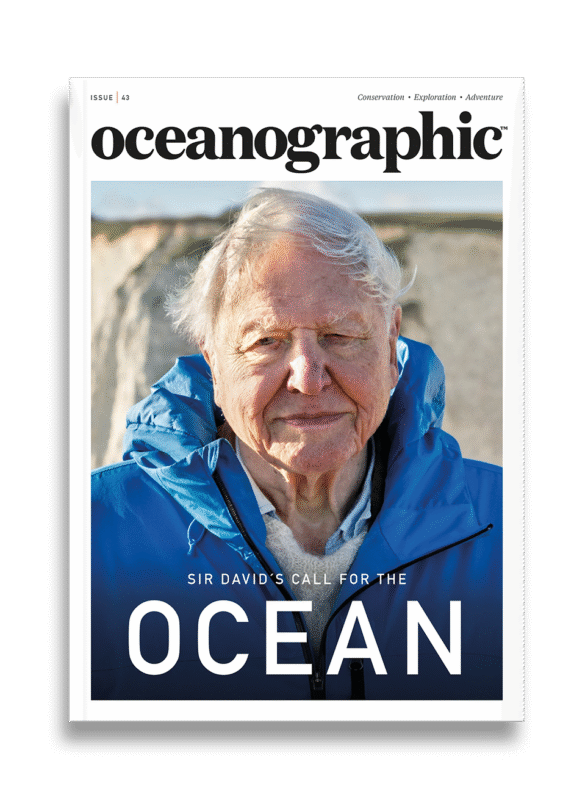
Back Issues
Issue 43 Sir David Attenborough’s ‘Ocean’

Back Issues
Issue 41 Holdfast to the canopy
Enjoy so much more from Oceanographic Magazine by becoming a subscriber.
A range of subscription options are available.

